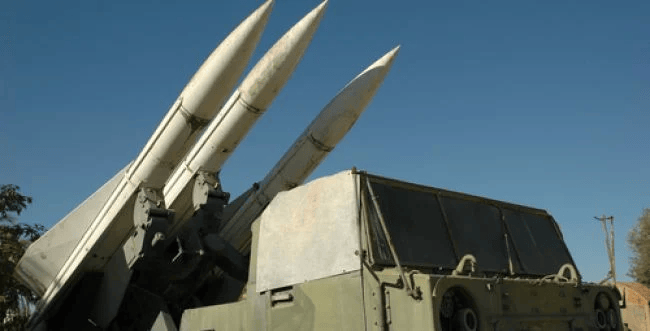Israel at War, Hezbollah, Iran
Israel braces for potential dual assault from Hezbollah and Iran
Officials anticipate a combined strike but reassure public safety measures stay the same.

Following a detailed situation assessment on Wednesday, the IDF has announced a significant ramp-up in its defense systems and readiness measures. This response comes in light of the high-profile assassinations of Hamas political bureau chief Ismail Haniyeh and Hezbollah commander Fuad Shukr, which occurred in Beirut and Tehran, respectively. These targeted killings have heightened tensions across the region and prompted the IDF to prepare for possible retaliation from Iran or Hezbollah.
In an effort to safeguard against potential attacks, the IDF is implementing enhanced defensive protocols and increasing coordination with its American counterparts and other U.S.-led coalition forces stationed in the Middle East.
The IDF’s measures include the strategic repositioning of forces and upgrading of defense systems to counter any anticipated threats. Despite these actions, the Home Front Command has chosen not to update public safety guidelines or impose new restrictions. Consequently, civilian activities in key areas, including border regions, Ben Gurion Airport, and central Israel, are continuing as normal.
The decision not to implement public restrictions suggests that the IDF anticipates any forthcoming attacks will be targeted at military installations rather than civilian sites. This assessment aligns with reports indicating that Iran's response, following Supreme Leader Ayatollah Ali Khamenei's order for retaliation, is likely to focus on military objectives. Potential retaliatory actions may include missile and drone strikes aimed at military sites near Tel Aviv or Haifa, similar to previous strikes carried out in April.
* Ynet contributed to this article.